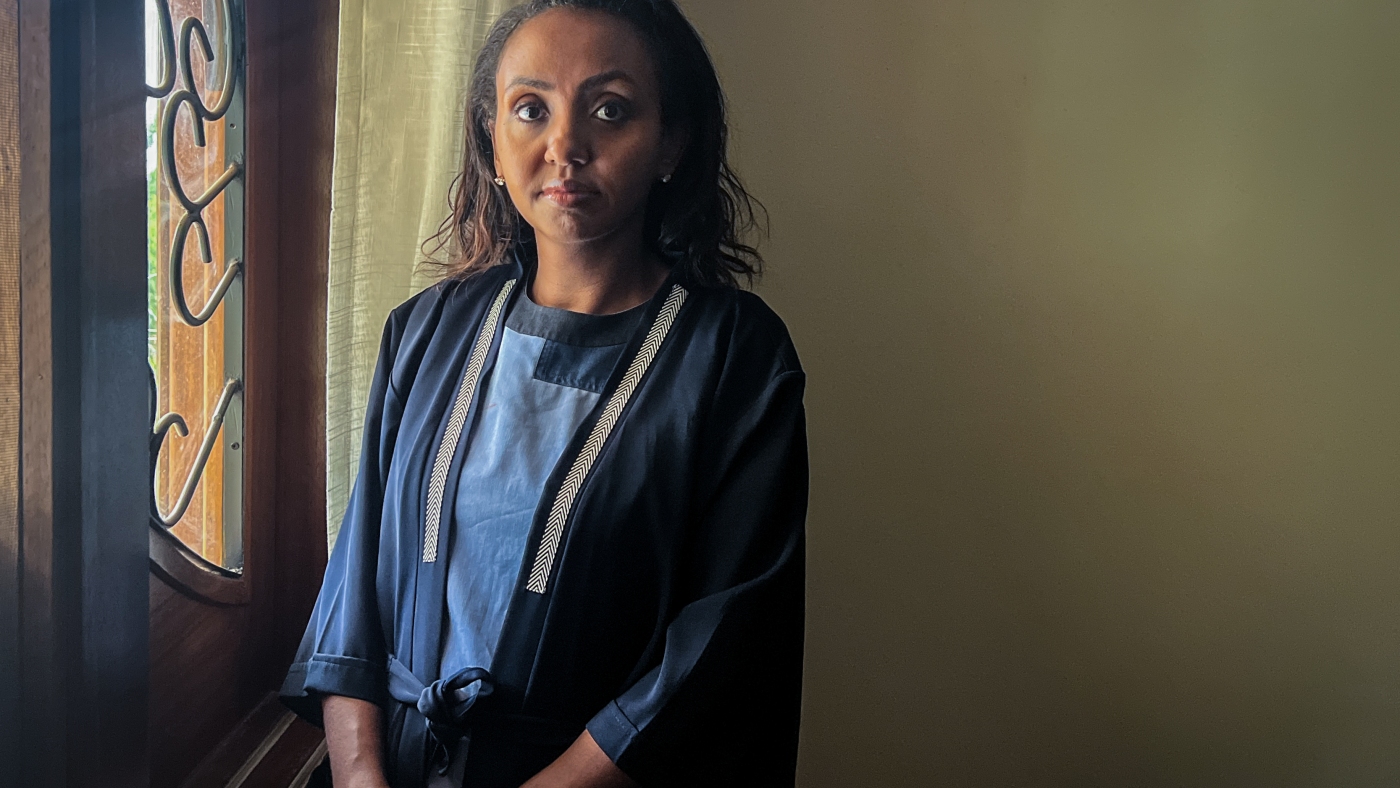
"Tsion Firew had just finished running a first aid training when she glanced down at her phone and then looked up confused. The message she saw was about a colleague Firew had worked with a few days earlier in the emergency department at King Faisal Hospital in Kigali, Rwanda. "She's very young, full of energy, one of the smartest nurses I've ever worked with," recalls Firew, who is chair of emergency medicine at Africa Health Sciences University in Rwanda."
"This was one of those moments where the job of a health care worker can quickly go from risky to deadly. On September 27, 2024 Rwanda announced the country's first Marburg outbreak a deadly virus that's a cousin to Ebola. For Firew, it was the beginning of a harrowing journey. She sent her 1- and 3-year-old children to another country. She faced pressure from her family to stop working as an emergency room doctor for her own safety. And she hallucinated from sheer exhaustion."
An emergency department nurse in Kigali became acutely ill and unresponsive, prompting urgent concern among colleagues. Rwanda declared its first Marburg outbreak on September 27, 2024, after a likely spillover from a bat to a 27-year-old miner in a rural tunnel. The outbreak ended December 20, 2024, with 66 confirmed cases and 15 deaths, yielding a 23% case fatality rate—the lowest recorded in a Marburg outbreak. Health workers faced personal risk, family pressure, and exhaustion; some separated from their children. Rapid coordinated public-health actions, infection control, and clinical care produced internationally recognized containment success.
Read at www.npr.org
Unable to calculate read time
Collection
[
|
...
]